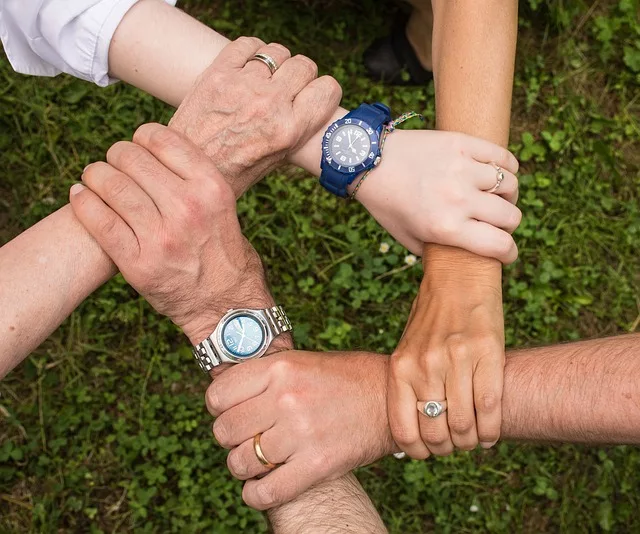Less than a hundred years ago, treatment for depression might have simply been a doctor suggesting that the patient “Keep their chin up” or “develop a stiff upper lip.” Today, however, patients with severe depression could receive any number of prescribed medications with hopes of relieving their symptoms. The problem is, that anti-depressants don’t always work right away.
Data from the National Institute of Mental Health (NIMH) shows that about 70 percent of patients with depression do not go into remission on the first prescribed medication. Finding the right chemical approach is a process that takes time for patients and their physicians.
With nearly 21 million adults in the U.S. struggling from depression, according to the latest research, many have employed alternative tactics that do not involve taking medications.

What are 4 Ways to Treat Depression Without Medication?
1. Exercise to Relieve Depression
You’ve probably heard more than a few times that regular exercise can help mild to moderate depression. That’s because it’s true.
In an article released by Harvard Medical School, researchers noted that walking fast for 35 minutes a day or for 60 minutes three times a week has a significant effect on symptoms of depression.
Exercise fuels the creation of both endorphins and norepinephrine, two chemicals in the brain thought to directly affect mood.
Furthermore, the effects of maintaining a regular exercise program has shown to last longer than the effects of anti-depressants.
2. Cognitive Behavioral Therapy (CBT)
With CBT, people learn to recognize negative patterns of thought and behavior that can lead to depression.
Getting stuck in a cycle of bad feelings has a negative impact on a person’s self-esteem, self-worth and ultimately their mood.
Working with a therapist on cognitive behavioral therapy, patients learn to evaluate the legitimacy of their thoughts before acting on them and develop healthier ways to cope with stress and depression.
3. Dialectical Behavioral Therapy (DBT)
Originally developed to treat patients with borderline personality disorder engaged in self-destructive activities, DBT has also worked well for those suffering from depression.
With this therapy, a person learns four sets of behavioral skills:
- Mindfulness – learning how to be aware and present in the moment
- Distress tolerance – the goal is not to change a difficult situation or painful feelings but to learn techniques to tolerate these moments
- Maintaining self-respect and relationships – having the ability to say “no” in certain situations is referred to as interpersonal effectiveness
- Emotion regulation – the process of changing emotions that a person wants to change
4. Transcranial Magnetic Stimulation (TMS)
TMS Therapy Treatment, approved by the Food and Drug Administration in 2008, is used specifically for patients whose depression has not responded to drug therapy.
TMS is a non-invasive therapy that delivers a magnetic field through the brain from a coil strapped to the patient’s head without causing seizures.
It’s believed that this therapy stimulates brain tissue, normalizing activity in the areas responsible for mood regulation.
The downside to TMS is that it does require daily therapy for several weeks and is not inexpensive. However, it has been transformative for many people suffering from depression.
The most important thing to do when it comes to depression is to seek help. Left untreated, depression can lead to physical illness, alcoholism or substance abuse.
The idea that anyone suffering from depression should just “snap out of it” or “think positive” is outdated and dangerous.
The truth is, with diagnosis, counseling and treatment, either medically or non-medically, most patients find the light at the end of the depression tunnel.
Related:
Transcranial Magnetic Stimulation – TMS Therapy
4 Critical Skills Dialectical Behavior Therapy Teaches
TMS Therapy for Depression Might Also Treat Addiction Too





